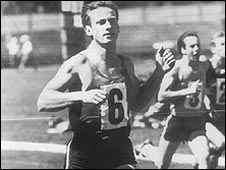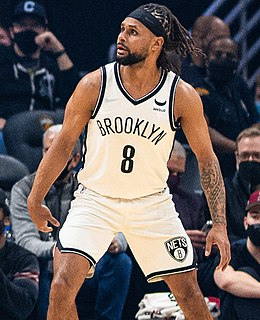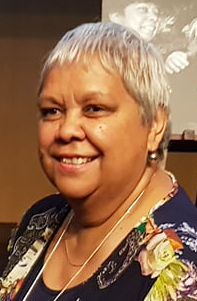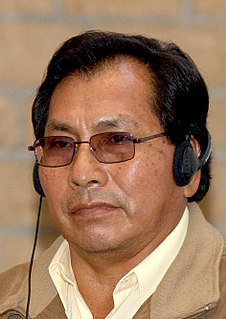A Quote by Peter Norman
What we do to our native Australians, our own indigenous people, is nothing short of horrific.
Quote Topics
Related Quotes
For Indigenous Australians, equal rights and citizenship have not always translated into full participation in Australian society. All Indigenous Australians have only been counted in the census since the 1967 Referendum. Even so, State protection and welfare laws continued to control the lives of Indigenous Australians and denied them equal rights, well into the 1970's.
When Europeans arrived on this continent, they blew it with the Native Americans. They plowed over them, taking as much as they could of their land and valuables, and respecting almost nothing about the native cultures. They lost the wisdom of the indigenous peoples-wisdom about the land and connectedness to the great web of life...We have another chance with all these refugees. People come here penniless but not cultureless. They bring us gifts. We can synthesize the best of our traditions with the best of theirs. We can teach and learn from each other to produce a better America.
The environmental catastrophes we're presently seeing are considered "normal" though they're horrific. Fracking has made drinking water flammable, families are dying from planned lead poisoning in Flint, Michigan, mountaintop removal is killing families throughout Appalachia, and oil/mining companies continue to denigrate Native American and indigenous rights throughout the world (see North Dakota Pipeline presently). This is horrific - and yet we somehow consider it normal.
We are now facing a difficult situation in Peru, where there are attempts to cut back the territorial rights of the indigenous peoples, including moves to divide, fragment and privatise our communal organisations. Now more than ever, it is a matter of urgency for us to consolidate our own indigenous alternatives for development.
That was an extremely unhelpful thing for Bill Shorten to say because those of us - and as the Attorney-General I've been closely involved in this along with my colleague Nigel Scullion, the Minister for Indigenous Affairs - what we have been trying to do for some years now, throughout the life of the Coalition Government in fact, is to bring the Australian people on a journey with us - conservative Australians as well as more progressive Australians, to persuade them that it is a seemly and fitting and decent and appropriate thing to recognise the first Australians in the Constitution.



































